The European Union’s Carbon Border Adjustment Mechanism (CBAM) will start on January 1, 2026, and will initially cover products such as iron, steel, cement, electricity, fertilizer, aluminum and hydrogen. The mechanism aims to prevent carbon leakage by charging imports based on their carbon content and encouraging industries to reduce emissions. By 2030, this will be expanded to cover all sectors covered by the EU emissions trading system.
Associate Professor Renato Lima de Oliveira from the Institute for Democracy and Economic Affairs said Malaysia is expected to exceed global averages in terms of average steel per capita emissions. While the government has imposed a moratorium on new steel capacity, Malaysia does not have a comprehensive emissions policy and carbon pricing is not yet in place.
Dr Oliveira stressed the importance of carbon pricing as an emissions reduction tool, suggesting that Malaysia could pilot the initiative in the steel sector. However, he warned that carbon pricing without CBAM could lead to carbon leakage, which could lead to investments shifting to countries without similar regulations. To mitigate this risk, he said Malaysia should consider adopting its version of CBAM. He also stressed that local CBAM implementation would become more feasible as Malaysia began to measure its carbon emissions and companies complied with the procedures required for exporting to European markets. He said Malaysia should use environmental, social, and governance (ESG) elements not only as compliance mechanisms but also as strategic tools to improve business processes, reduce costs, and expand market share.


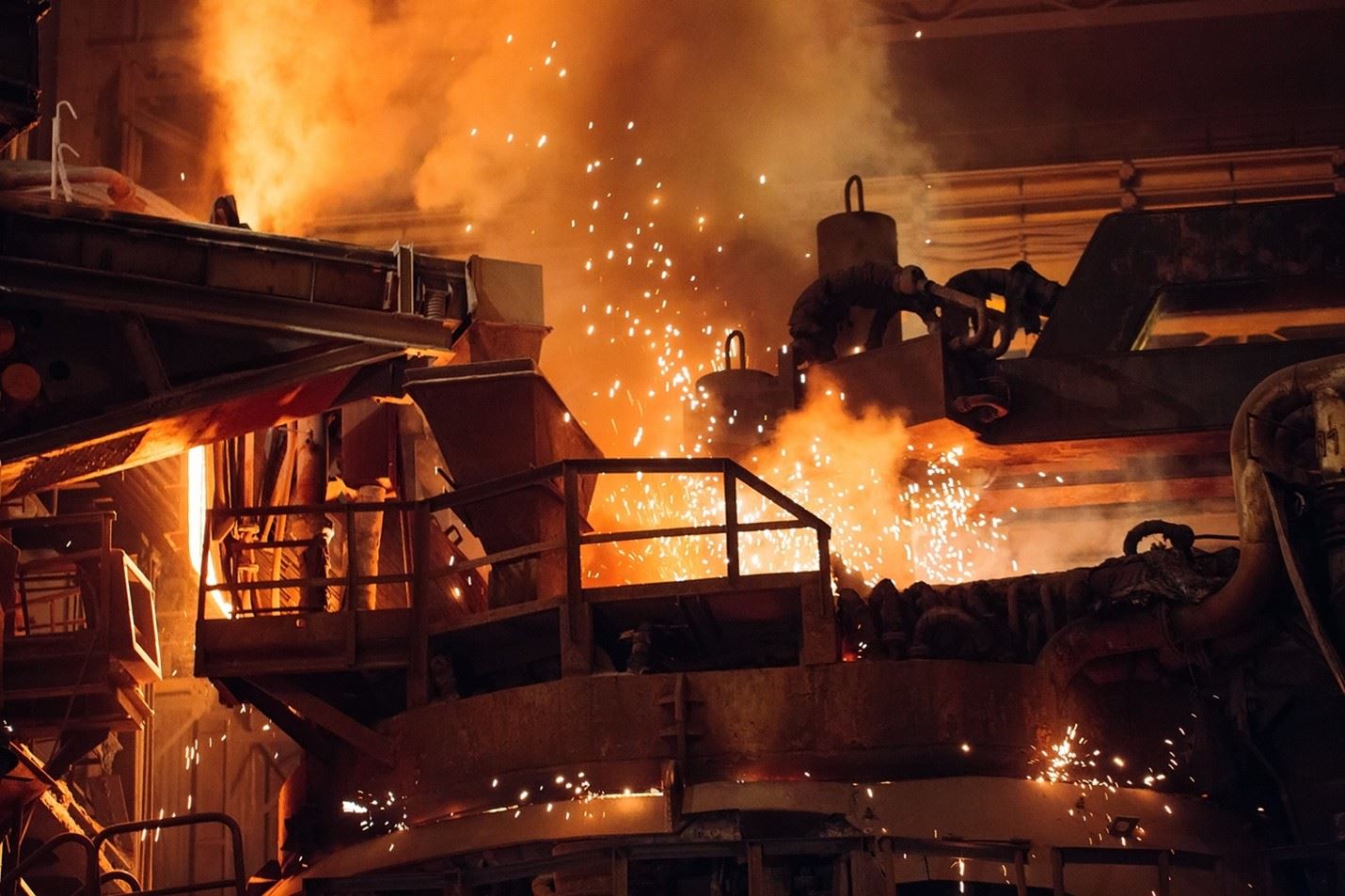
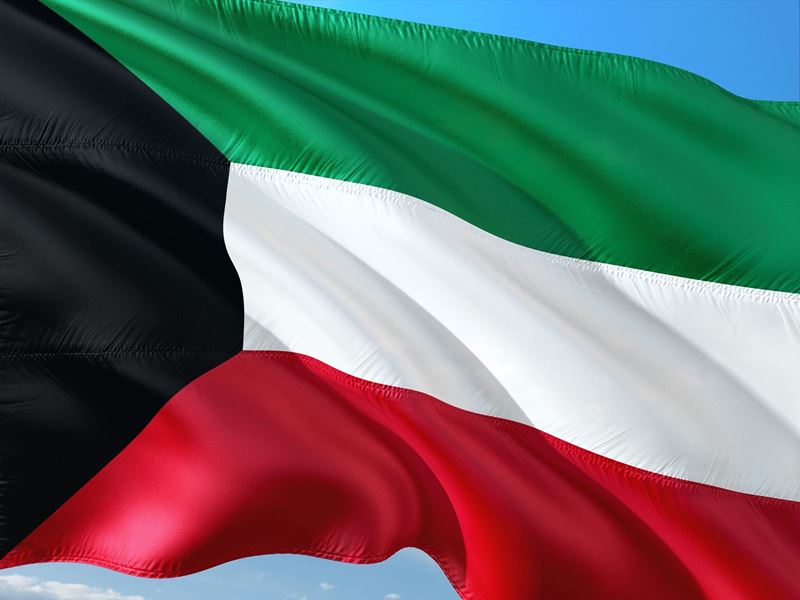
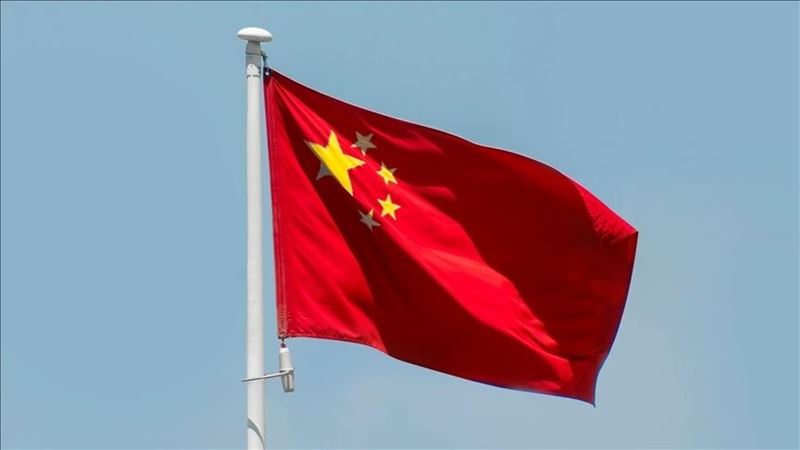
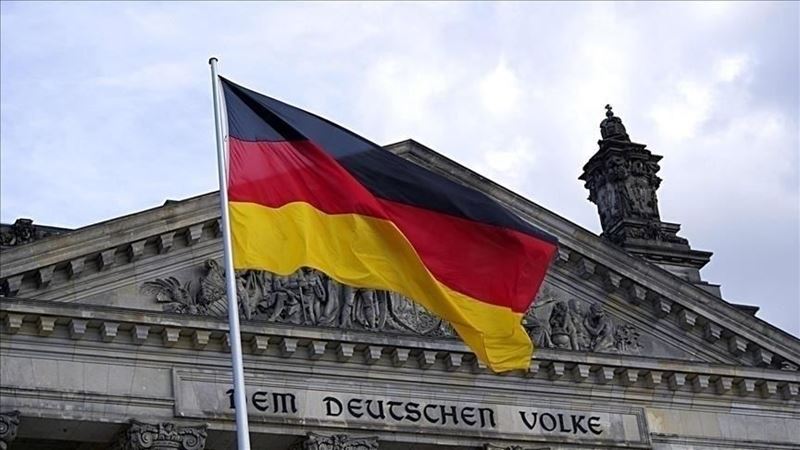
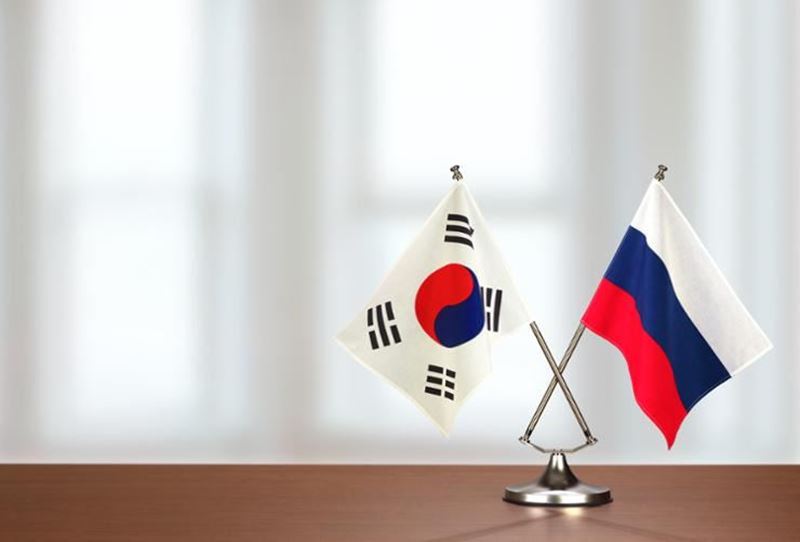


Comments
No comment yet.